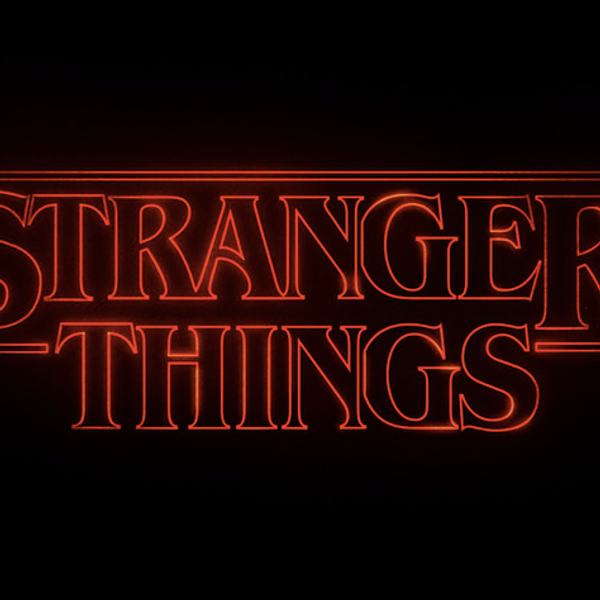We have all experienced that eerie, mysterious sensation when something occurs that seems far too intentional and connected to have happened randomly or without some greater significance, yet when this does happen, we are told it’s simply a “coincidence.” A coincidence, not to be confused with an ironic event, is defined by the Cambridge Dictionary as “an occasion when two or more things happen at the same time, especially in a way that is unexpected or unlikely, or the unlikely fact of such things happening at the same time.” So, what can be considered a coincidence precisely? Essentially, it is when two events occur simultaneously that may appear to be related, but are simply the result of chance and being in the same place at the same time. As human beings, on our hunt for understanding, it is easy to attach meaning to mere events because they’re stand-out happenings; abnormalities, different than everything else that happens to us throughout the day. The meaning we tie to occasions is not innate to the occasion occurring itself, however; it is the product of our own mind and we can choose to read into the event (or neglect to read into it) as much or as little as we would like.
Coincidence (and why coincidence is actually rather predictable and therefore comprehendible, if not, scientific when dissected) has been the topic of much debate and speculation in the psychological and statistics fields for quite some time. According to Dr. Bernard D. Beitman, a Visiting Professor of Psychiatry at the University of Virginia, “We establish order, in part, through the detection of coincidences, which suggest connections between different events occurring closely in time.” Fair enough, humans seek to make ties between two unrelated events that occur to try to comprehend and digest the world around them more. Beitman goes, adding “Our perceptions of coincidence emerge from swirls of information in our minds that match events and our surroundings.” This supports the notion that the human mind attaches meaning to occasions that are perhaps inherently meaningless, however, our minds do not dismiss them as such for several reasons: “significance of time intervals, similarity of events, degree of surprise, and ownership” (Beitman 2011).
Fascinating enough (but perhaps not shocking), scientists are always trying to solve the mystery of the coincidence, and while theories of how they occur have been proposed, there is yet to be any definitive answer, and even if a theorist has an “answer,” it is largely subjective. According to statistician David Spiegelhalter, there are numerous explanations for how coincidences occur (and why largely, coincidences can be considered rather predictable and scientific instead of striking displays of chance), and one of them is called “the law of truly large numbers, which says that anything remotely possible will eventually happen, if we wait long enough” (Spiegelhalter 2012). This notion once again supports the idea that coincidences are a result of human expectation, again attributing the occurrence of a seemingly coincidental event to human activity and making it seem less surprising and more predictable.
Another way to think about coincidence is to “just think of all the people you have ever known. Then think of all the people that you have had some connection with, such as attending the same school, being friends of friends and so on. It will be tens of thousands” (Spiegelhalter 2012). When you consider this, running into someone unexpectedly in a seemingly happenstance manner seems less coincidental and more, actually, likely to occur, taking into account how many people you have had contact with. When you think about it long enough, it would actually be more jarring if you did NOT cross paths with someone you knew from time to time, simply due to the vast number of people you have met and made connections with. When you also acknowledge that, for many people, life has been confined to one part of the country, or one corner of the world, it would make sense to cross paths with individuals every so often, because pretty much everyone you know is from the same general vicinity you yourself are from. Therefore, they are simply going about their life and you are going about yours, in the same place, at the same time. It’s almost natural to find someone you have a pre-existing connection with if you’re out and about.
David J. Hand, a statistician and professor at Imperial College in London, calls it “the improbability principle. These laws show how we underestimate the chance of coincidences, fail to take account of the fundamental asymmetry of chance events following from the fact that time moves forward…” (Hand 2014). This demonstrates that humans lean toward dismissing the possibility of coincidences until they actually manifest themselves in one’s own life, and then, when it does, jaws drop. Hand goes on to add “highly improbably events are commonplace. They’re just a consequence of the mathematics of chance coupled with the psychology of humans.”
So, there you have it. What we consider to be “happenstance” is mainly the result of science, and it is the human mind that attaches meaning to these events. So next time you call something “coincidental,” beware! It is probably not very coincidental at all, but rather a predictable occurrence that logically makes sense.





















